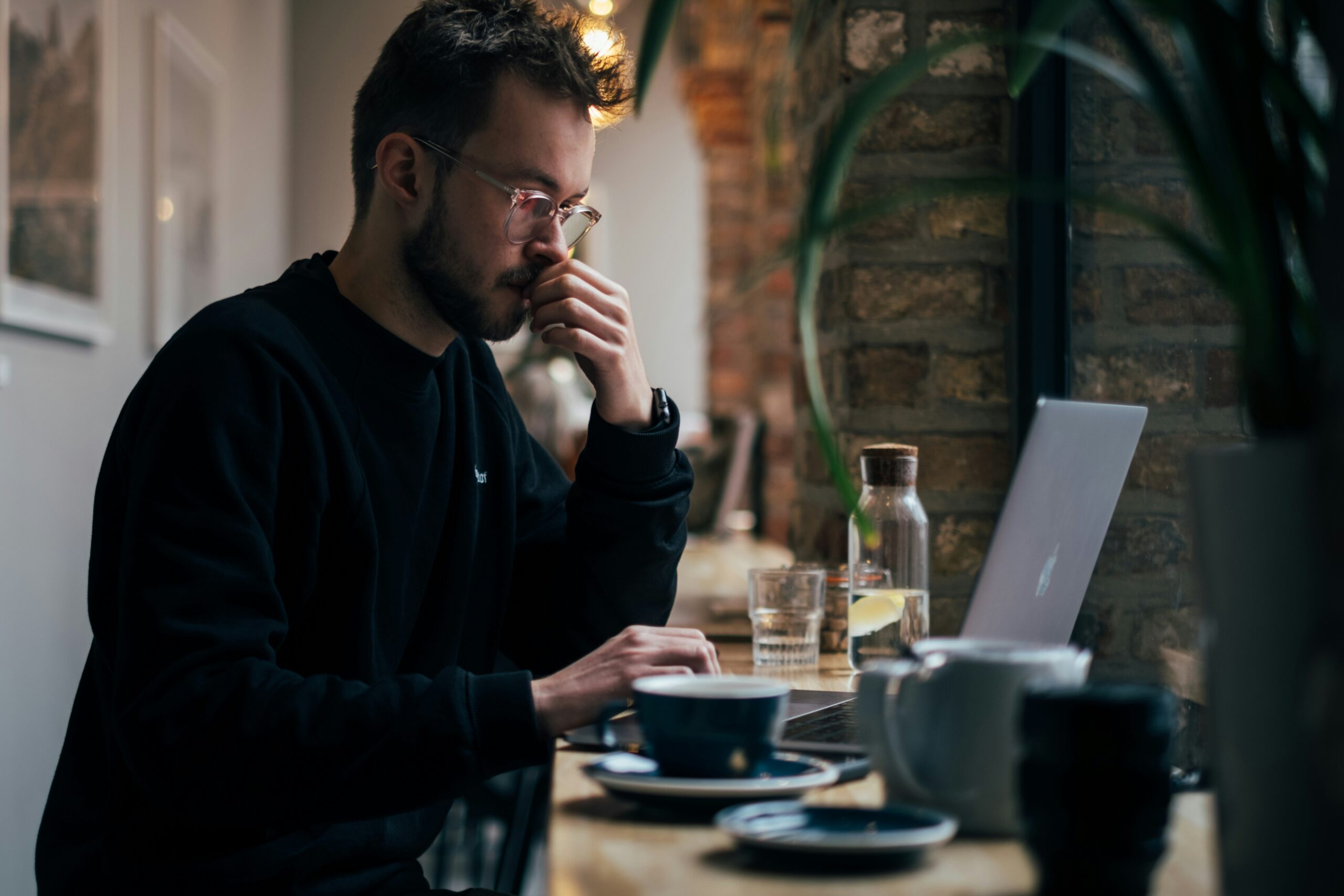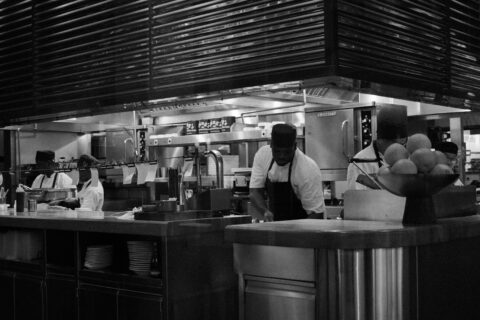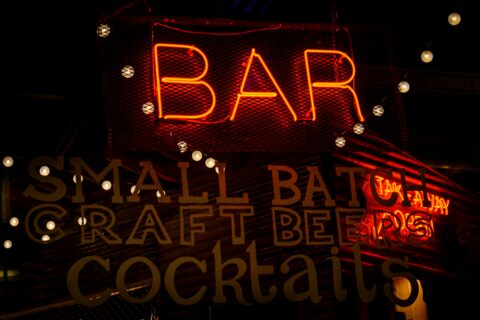To sell, serve or supply alcohol in NSW as part of your business activity or at an event, you need a liquor licence. There are nine key liquor licence types available in NSW. Knowing which licence to apply for, and the conditions associated with your licence category, is important for a new licensee.
In Licensee Training & Online Licensee Training you will learn more about what sort of license you need and who can hold one.
Want to know more about licensee training? Check out our licensee training guide.
Who can hold a license?
Licences can be held by an individual person or an organisation. Individuals wishing to become licensees must:
-
be over 18 years of age
-
not have been suspended or disqualified from holding a liquor licence, or hold a suspended licence
-
except in the case of a limited licence, declare that they will inform Liquor & Gaming NSW within 28 days regarding any party (other than the liquor licensee or a financial institution) who becomes interested in the business.
Organisations wishing to apply for a licence must provide details with their application, including:
-
their Australian Business Number (ABN) and/or Australian Company Number (ACN)
-
if it is a proprietary company, the names and birth dates of all directors and officeholders
-
a current Australian Securities and Investments Commission (ASIC) extract, and
-
details of an appointed approved manager.
Most licensee's will need to do licensee training, if you are a licensee of a high risk venue then you may need advanced licensee training as well.
Which license is best for you?
Choosing the appropriate liquor license for your business or event can be challenging, as your venue type and activities may qualify for multiple license types. For example, a tapas restaurant might consider an on-premises, small bar, or general bar liquor license.
Primary Purpose Test
The primary purpose of your business determines the suitable license type under the Liquor Act 2007:
-
An on-premises license is for businesses where food service, not liquor sales, is the main activity.
-
A packaged liquor license is for businesses selling alcohol for off-site consumption as their primary activity.
License Selector Tool
Use the license selector tool to identify the best license based on your business or event activities. It asks questions aligned with the primary purpose test to guide you toward the right option.
Preparation Tips
To get accurate results:
-
Understand your business's primary product or service (e.g., food vs. alcohol).
-
Consider current and future business needs to ensure the license remains suitable.
-
Read the license details and supporting information to confirm the suggested option meets your requirements.
Gather this information before using the tool for a smoother process.
We have a guide on the different types of licences which may help you prepare before your application.
When is a liquor license not required?
Certain situations exempt businesses or individuals from requiring a liquor license to sell or supply alcohol:
Bed and Breakfast (B&B) Establishments
No license is required if:
-
No more than 8 adult guests stay at one time.
-
Alcohol is purchased from a retail liquor outlet.
-
Alcohol service is secondary to accommodation and food.
Requirements:
Retirement Villages
Alcohol can be sold during gatherings without a license if:
-
Alcohol is purchased from a retail liquor outlet.
-
A resident committee member supervises the event.
-
Events are not run by the retirement village operator.
Operators must obtain an on-premises license for other alcohol sales.
Hospitals and Nursing Homes
No license is needed to serve alcohol to adults receiving care, provided it is arranged by the person in charge.
Gift Baskets
Exempt if:
Auctions
No license is required for professional auctioneers selling liquor if:
-
The auction is publicly promoted as including liquor.
-
The Authority is notified, and rules from the Secretary are followed.
Aircraft
No license is required for alcohol sales onboard aircraft in NSW, provided the operator is managing the service.
Cruise Vessels
Exempt if:
Breaches
Unlawful liquor sales may result in fines, penalties, or up to 12 months imprisonment.





